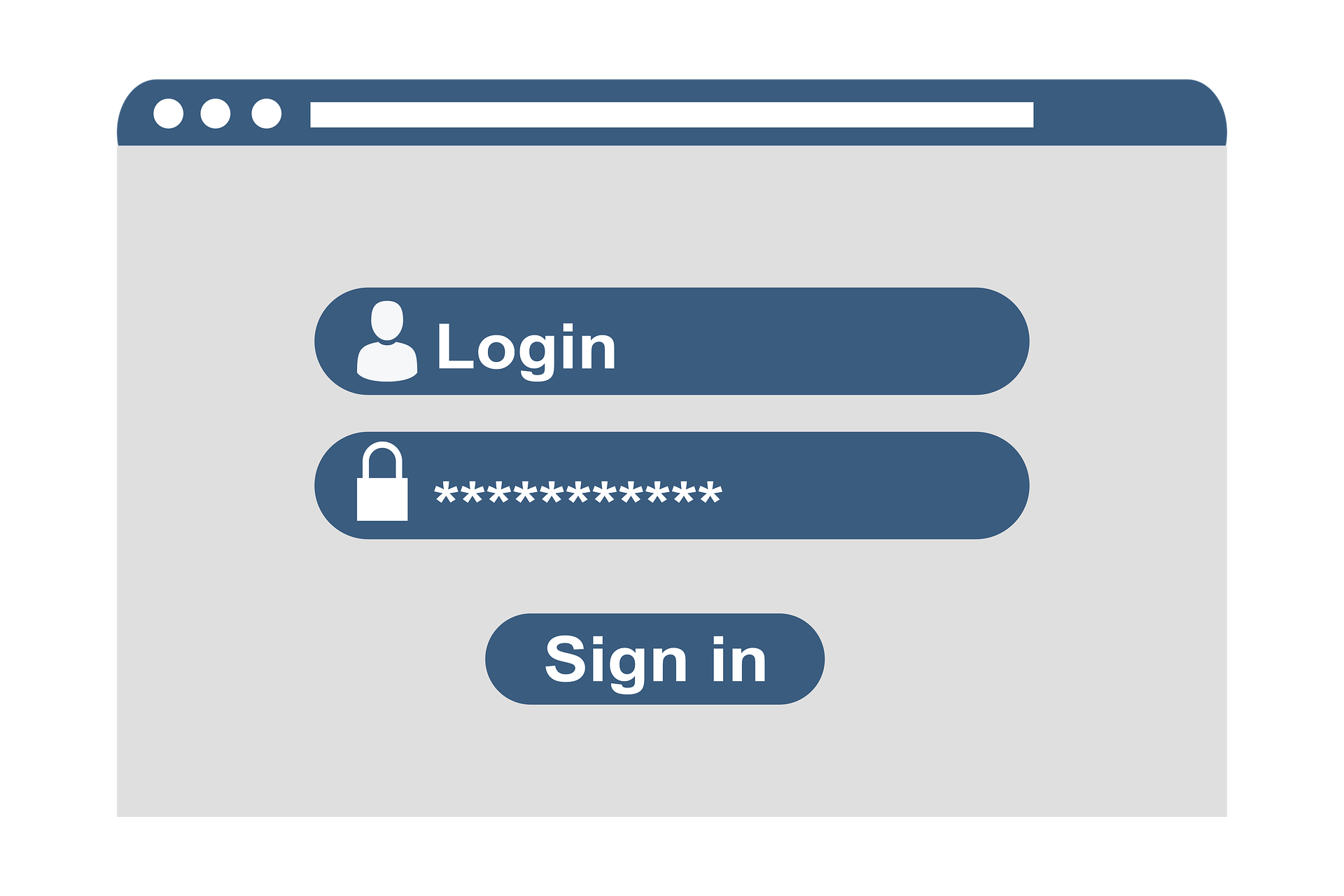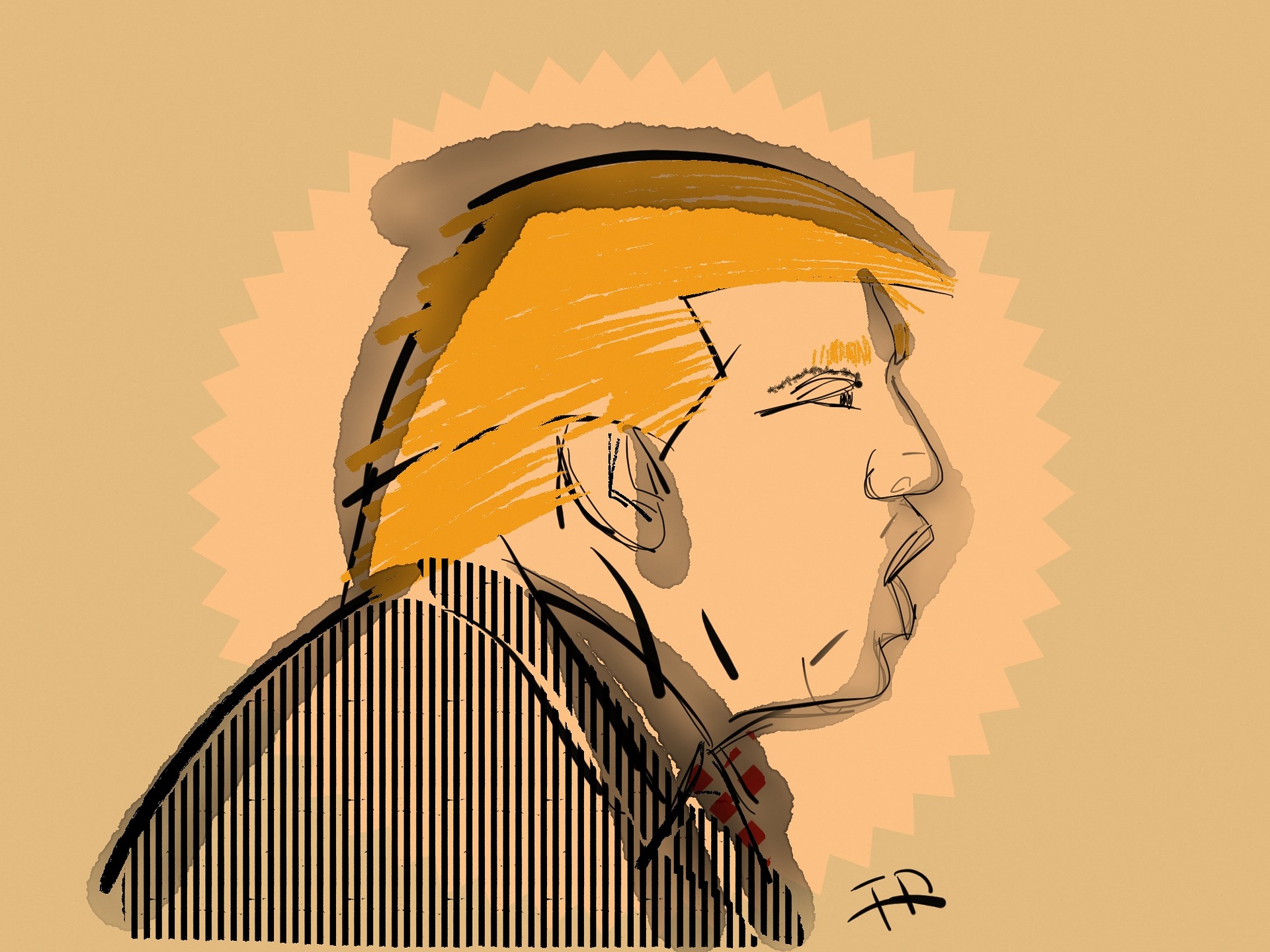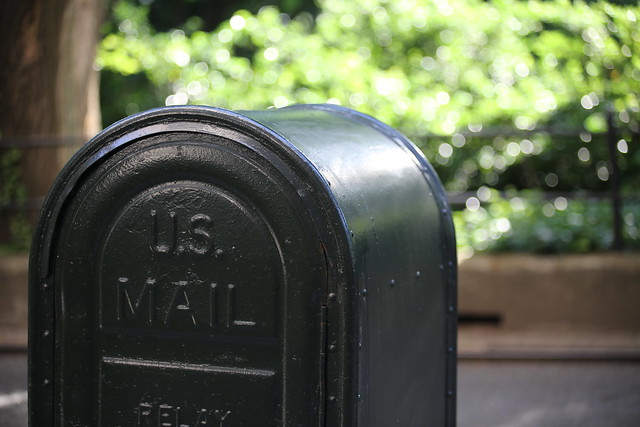It’s official. Yesterday, the United States Citizenship and Immigration Services (USCIS) published a notice in the Federal Register formally implementing the mandatory registration requirement for H1B petitioners seeking to file a cap-subject petition for Fiscal Year 2021. The notice went into effect on January 9, 2019, the date of publication.
Beginning March 1, 2020, before a petitioner can file an H-1B cap-subject petition, including petitions eligible for the advanced degree exemption, the petitioner must first electronically register with USCIS. Only petitioners with a valid registration selection will be eligible to file an H-1B petition with USCIS.
The initial registration period for FY 2021 will open on March 1, 2020 and is expected to close on March 20, 2020. The actual end date will be provided on the USCIS website.
Who must register?
H-1B cap-subject petitioners, including those eligible for the advanced degree exemption, seeking to file a FY 2021 H-1B cap petition will be required to first register electronically with USCIS and pay the associated $10 H-1B registration fee for each submission
Prospective petitioners or their authorized representatives must electronically submit a separate registration naming each alien for whom they seek to file an H-1B cap-subject petition. Duplicate registrations are prohibited.
What happens after the registration period closes?
Once the registration period closes, USCIS will conduct the initial selection process.
 Visa Lawyer Blog
Visa Lawyer Blog











